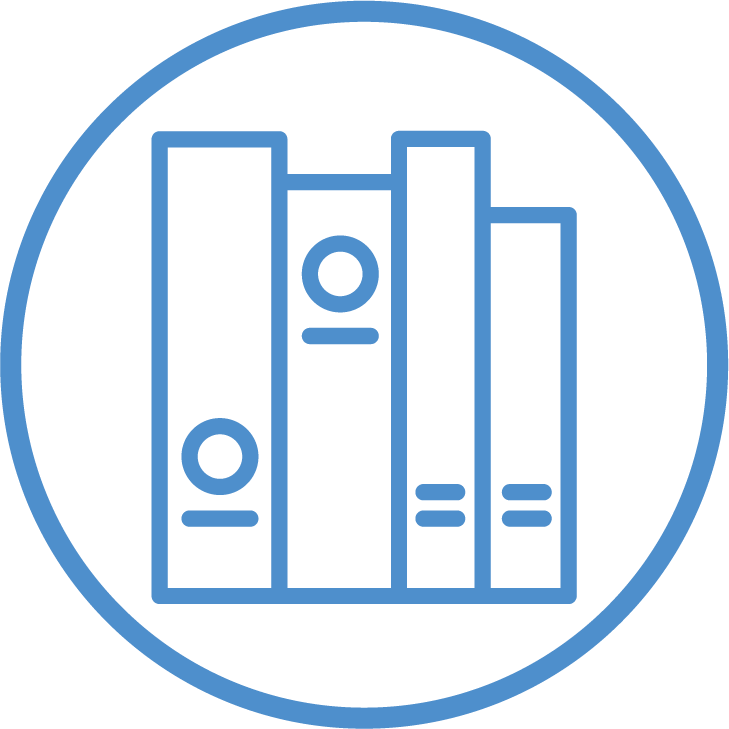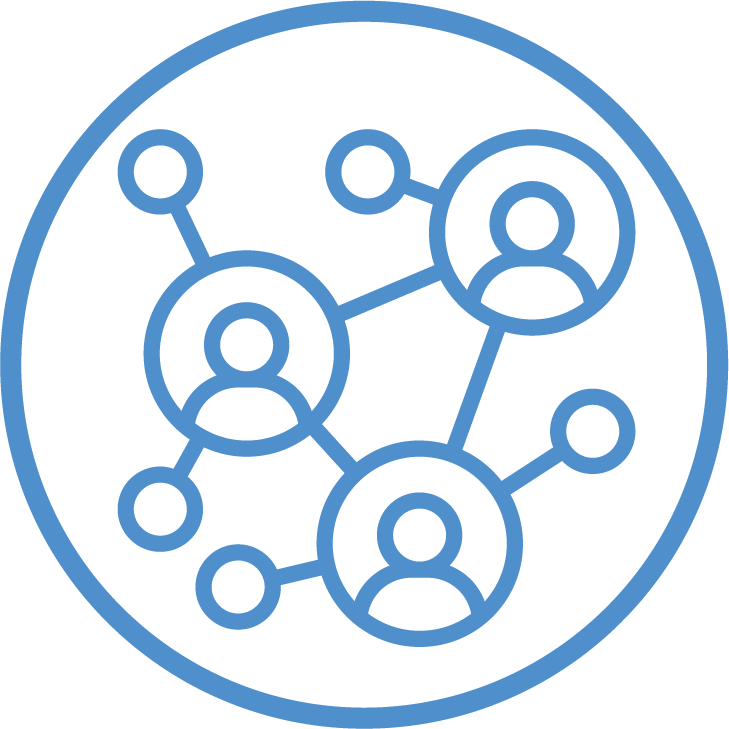
The International Association of Prosecutors and UNESCO release new Guidelines for Prosecutors on Digital Evidence Collection
On 18 August 2025, the International Association of Prosecutors (IAP) and UNESCO launched a new set of Guidelines for Prosecutors on Digital Evidence Collection in compliance with international standards on freedom of expression and privacy.
Available in English, French and Spanish, these Guidelines provide practical tools for prosecutors to navigate digital evidence while protecting privacy and freedom of expression—two rights increasingly challenged in the digital era.
Digital technologies have transformed how information is produced, shared and stored, offering unprecedented opportunities for learning, access to information and freedom of expression. At the same time, they present complex challenges for justice systems: every byte can become evidence. Prosecutors now face the difficult task of enforcing the law while safeguarding fundamental human rights.
The launch took place during a webinar co-organized by the IAP and UNESCO, bringing together over 300 prosecutors, legal professionals, media representatives, and human rights actors from all around the world. The recording of the webinar is available here.
Key speakers included the authors of the Guidelines, Sabin Ouellet, Former Chief Prosecutor of Canada and Simon Clements, Former Chief Crown Prosecutor of England and Wales, who outlined the content and significance of the of this new tool.
‘Digital evidence has transformed criminal justice, offering powerful tools to uncover and prosecute crime. Yet, it also raises profound challenges. Prosecutors stand at the crossroads — tasked with handling electronic evidence effectively, while upholding freedom of expression, privacy, and the right to a fair trial’ - Mehdi Benchelah, Senior Project Officer at the Freedom of Expression and Safety of Journalists section, UNESCO.
A follow-up webinar in early October will showcase practical applications of the Guidelines, providing prosecutors with real-world case studies. Registrations to attend the webinar are open here.
This initiative builds on the UNESCO-IAP partnership launched in 2020, which has strengthened prosecutors’ capacities to safeguard freedom of expression and the safety of journalists. It is part of UNESCO’s flagship Judges’ Initiative, which has engaged over 36,000 judicial actors across 160 countries since 2013.
The Multi-Donor Programme on Freedom of Expression and Safety of Journalists provided support for this initiative.



